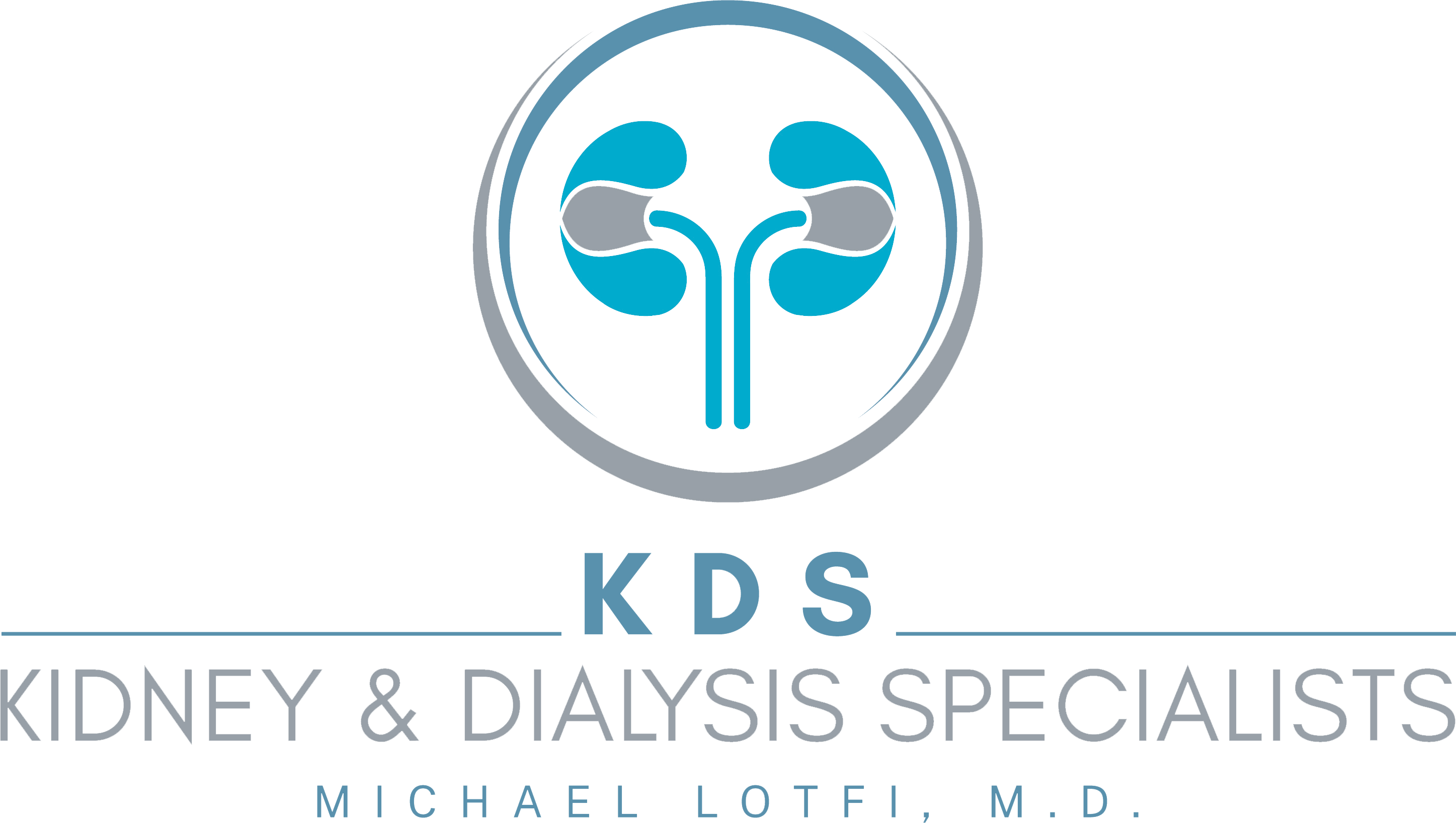Occurs when kidney failure or damage occurs abruptly, (within a few hours or few days). This acute kidney injury leads to a build-up of waste products in your blood along with making it difficult for your kidneys to balance the amount of fluids in your body. AKI often occurs in a hospital setting such as patients in intensive care units. It is important that AKI is found quickly because it can lead to kidney failure, chronic kidney disease, congestive heart failure or even death.
Causes:
Symptoms:

© 2023 Michaellotfimd All Rights Reserved Privacy Policy Sitemap
This site is protected by reCAPTCHA and the Google.
Privacy Policy and Terms of Service apply.
This site is protected by reCAPTCHA and the Google.
Privacy Policy and Terms of Service apply.
©2023 All Rights Reserved michaellotfimd Designed by DotClick